OPINION: Partisanship over policy in the present: This still isn’t about politics.
Photo by Kevin Crawford Imagery/ The Bucks County Beacon
Members of the Central Bucks SD community gather for a demonstration in response to CBSD Board Policy 321.
Opinions expressed in the Op/Ed section of The Knight Crier are not necessarily reflective of the views of the entire staff of the KC.
Students fit and learn best in a setting where they feel welcomed and comfortable. As students feel welcomed and validated, and feel that they are participating in a safe environment for themselves, their learning will flourish.
But, when it comes to students and their identities, a sense of inclusion has started to fall short at the school door. People’s identities aren’t politics, and the conflation between the two needs to end.
For the past two years, conservative school board coalitions have sprouted under reactionary pretenses to combat liberalized ideology perceived to be infiltrating school classrooms. Fueling culture wars birthed out of unfiltered public comment hearings, these coalitions have targeted every topic relating to the education or expression of minority classes. Such groups, whether they were to be elected or otherwise, have made it a priority to politicize and police marginalized identities in their either proposed or already passed policy, while masking their motives with an oppositional notion.
However, their definition, or moreover, misrepresentation of political matters deemed unfit for school settings has had a range of interpretations over the past few years. Kickstarting from reactionary outrage towards Covid-19 response and learning loss in school settings, there is now an outright culture war against anything differing from traditionalism by disseminating social conservatism in day-to-day curriculums.
“Keep politics out of the classroom” and “Education, not indoctrination” exemplify some of the (politically driven) phrases infiltrating policy-making in schools nationwide and even in our own neighboring Pennsylvanian counties. Proponents of this ideology, seemingly being haters of politics based on their own sentiments, have ironically enough just coined a politically correct way of characterizing their prejudice towards non-white and LGBTQ+ people and material.
“Keep politics out of the classroom” and “Education, not indoctrination” exemplify some of the (politically driven) phrases infiltrating policy-making in schools nationwide and even in our own neighboring Pennsylvanian counties. Proponents of this ideology, seemingly being haters of politics based on their own sentiments, have ironically enough just coined a politically correct way of characterizing their prejudice towards non-white and LGBTQ+ people and material.
Earlier this month, the Central Bucks School Board of Directors, representing the third-largest school district in Pennsylvania with a 6-3 conservative majority who champion these aforementioned dog whistles in their coalition mission statements, passed Policy 321, or “Partisan, Political, or Social Policy Advocacy Activities” being its misleading title. Under the policy, the displaying of flags or posters advocating any political activities and issues in the classroom has become strictly prohibited, including symbols of unity and allyship like Pride and Black Lives Matter insignia.
In response, protests among the student and teacher-wide bodies took place. National media attention, rebirthed class action lawsuits against the district, and almost unprecedented acts of teacher opposition to those that forefront the district that employs them have come to the forefront.
Even through facing this insurmountable amount of community and even national backlash, the six conservative Central Bucks Board members justified their ratifications in a statement submitted to the Philadelphia Inquirer, where they argued the infamous phrase “the classroom should be a place of education, not indoctrination.”
However, advocating the importance of free thought in educational institutions while simultaneously policing and adopting a counterintuitive approach of gravely regulating expressions of the literal free thought at issue is the epitome of hypocrisy, and singlehandedly proves the ulterior motives these brands of stale representatives have had. Preserving free thinking and providing children with a skewed interpretation of a fulfilling education was never their intention, it was only to advance partisan agendas and discourage marginalized individuals from achieving a sense of equality that they deserve.
The implementation of hyper-conservative and highly partisan policies at the hand of school boards is not only unpopular and a threat to the civil rights of teachers and students alike, but it is also incredibly dangerous towards the already vulnerable demographic these motions are targeting.
The stigmatization and unequal treatment of LGBTQ+ youth put them at an increased risk of suicide compared to their straight counterparts, and almost two million LGBTQ+ youth seriously consider suicide each year in the United States. Bans on books, flags, and content revolving around pride in queerness only exacerbate the stigma and sense of isolation LGBTQ adolescents feel, especially when the roots of their trauma are being fortified by institutions designed to educate and protect them.
The stigmatization and unequal treatment of LGBTQ+ youth put them at an increased risk of suicide compared to their straight counterparts, and almost two million LGBTQ+ youth seriously consider suicide each year in the United States. Bans on books, flags, and content revolving around pride in queerness only exacerbate the stigma and sense of isolation LGBTQ adolescents feel, especially when the roots of their trauma are being fortified by institutions designed to educate and protect them.
Pride flags, in particular, being one of the many symbols fallen victim to Policy 321, portray a sense of safety and belonging in classrooms that display them to queer students. They don’t carry a political agenda. Carrying the experience of being a gay student myself, when I notice a Pride flag exhibited in a classroom that I walk into, I know that I will be accepted in the room I’m entering, I know that my character won’t be called into question just because of my sexual orientation, I know that I can safely share experiences involving my sexuality, and I know that I will be accepted and included.
When the functioning body of a school board, designed to be nonpartisan and to fulfill district decisions based on experience and fact instead of political grievances and predisposed beliefs, acts in complete contrast to their fundamental general core value and designs a direct attack on students they swore oaths to aid that are already marginalized, the results will only carry tragic outcomes.


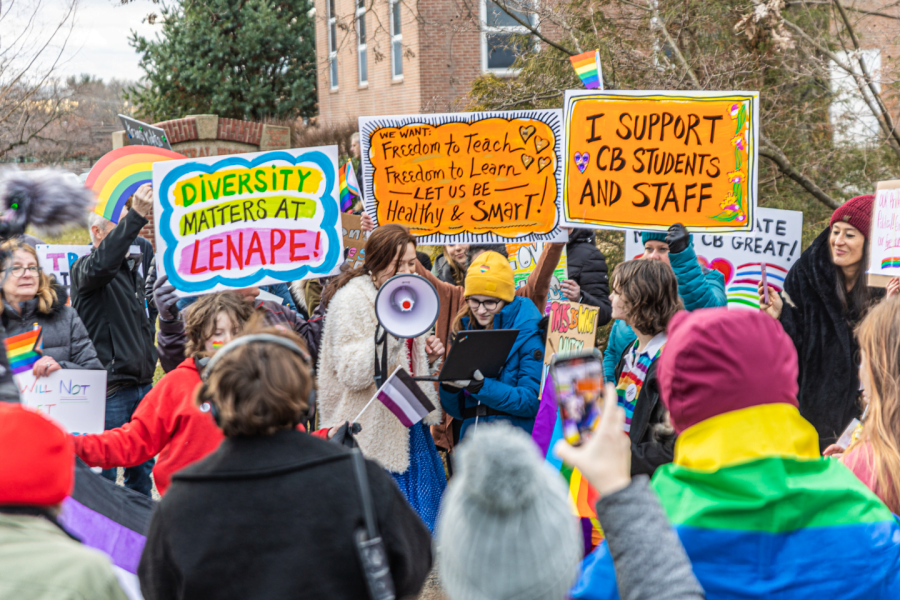



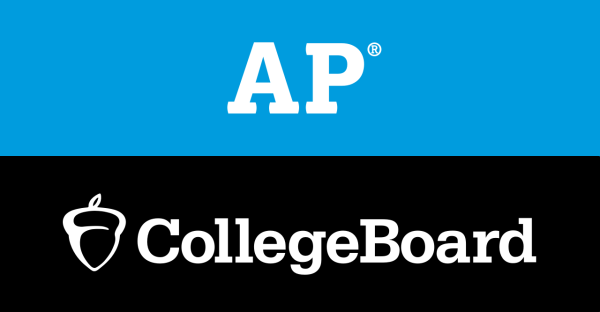


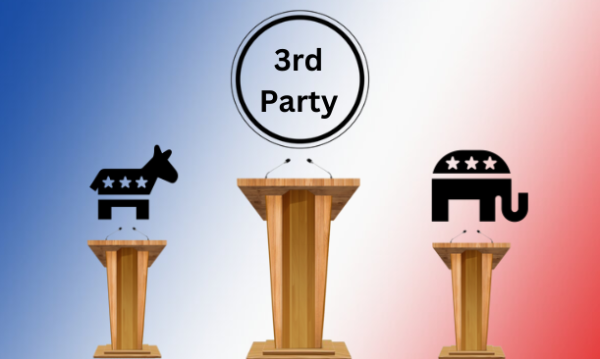
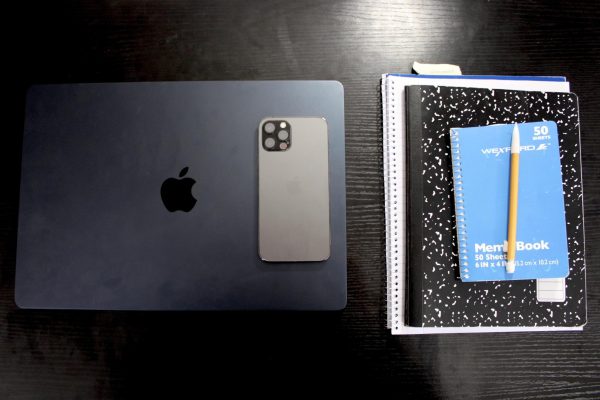
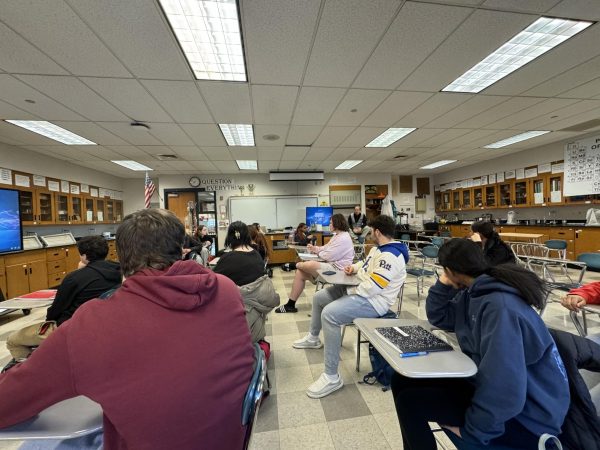
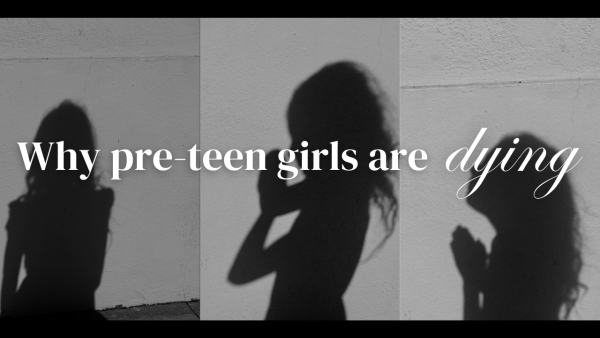
Dr. Hall • Jan 27, 2023 at 3:29 pm
This is a very thoughtful editorial about how we best create schools in which students can bring their full selves to school. Thank you for capturing so effectively the rationale for creating schools that reflect our humanity.
Jared Sands • Oct 9, 2023 at 8:26 am
I agree, it is a thoughtful editorial about how we best create schools in which students can be their full authentic selves, and this passage does effectively capture the rationale for creating schools that reflect our humanity. I too send my thanks for capturing this rationale for creating schools that reflect our humanity